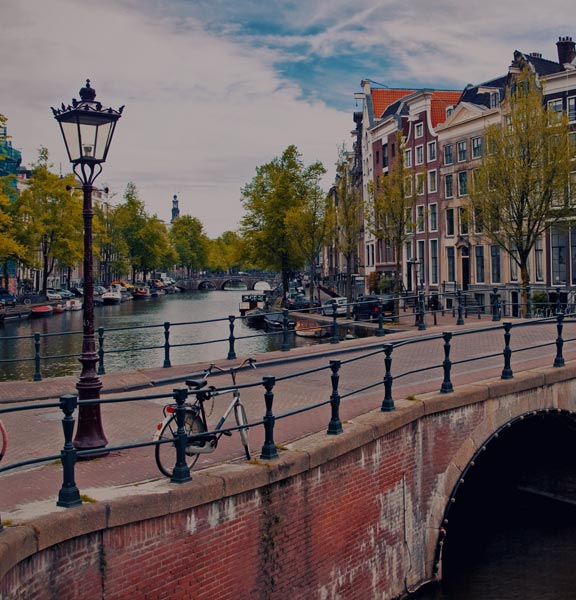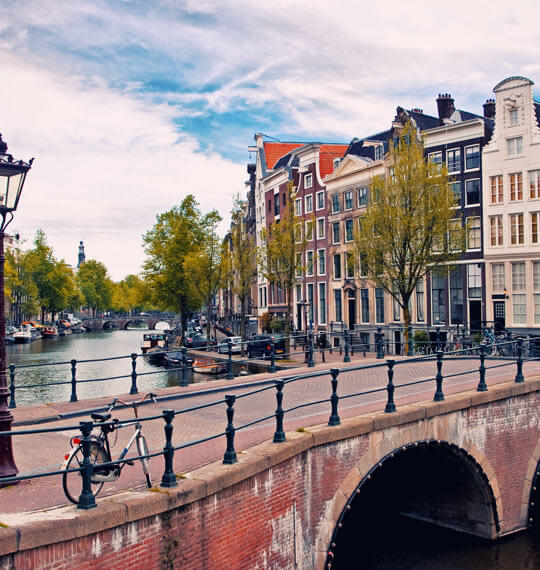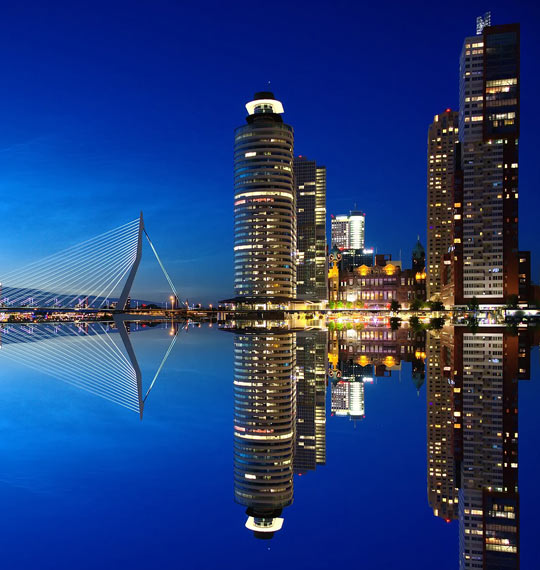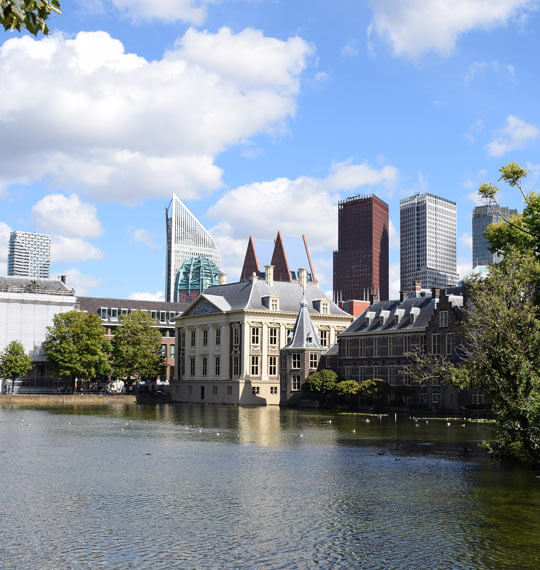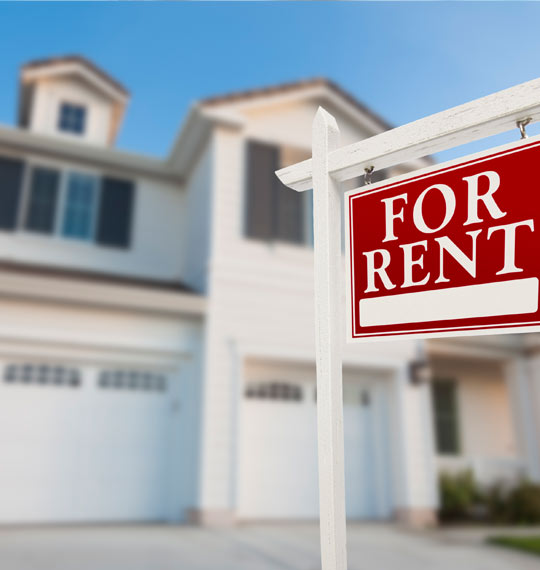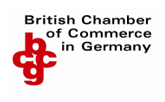Finance and Administration in the Netherlands.
Since 1848 the Netherlands’ arrangement of government has been characterized as an established government, in which the intensity of the official is restricted by the constitution and in which the administration is mindful to a chosen parliament.
The leader of the condition of the Netherlands is the ruler, who has restricted power in running the legislature under the constitution. The vital official authority of the nation is the leader, who heads a bureau that is in charge of the Dutch parliament. The Netherlands utilizes corresponding portrayal in choosing city, common and national congregations. This framework permits even little ideological groups to win a seat. On the national dimension the Netherlands has dependably been administered by alliances of gatherings.
Public offices in the Netherlands
Legislative Branch
The Dutch parliament, comprises of a First Chamber (Eerste kamer), involved 75 individuals chosen by common lawmakers to terms as long as 6 years; and a Second Chamber (Tweede kamer) made up of 150 individuals prevalently chosen under an arrangement of corresponding portrayal to terms as long as 4 years.
Executive Branch
The Prime Minister of the Netherlands (Minister-President in Dutch) is the head of government and dynamic official specialist of the Dutch government. The Prime Minister is the pioneer of the larger part gathering or alliance in the lower house of parliament (Tweede Kamer).
The bureau of the Netherlands plans and actualizes government strategy. The Monarch and the council of Ministers together are known as the Crown and most also govern other government services. The ministers are all responsible both individually and collectively to the States General (parliament).
Judiciary Branch
There are 19 locale courts, 5 courts of request and 2 other intrigue bodies (Central Bids Tribunal and the Trade and Industry Appeals Tribunal), and there is 1 Incomparable Court (Hoge Raad). Individuals from the Supreme Court are designated by Royal
Declaration, from a rundown of three, exhorted by the Tweede Kamer on the counsel of the Hoge Raad itself. The judges are, similar to each make a decision in The Netherlands, named forever, until they either resign or achieve the age of 70.
The Supreme Court is normally made out of a board of five judges. The decisions of the Lower Courts, the District Courts and the Courts of Appeal might be brought under the steady gaze of the Supreme Court for an appeal. This Court must settle on inquiries of law. In the event that it topples a choice of a lower court, the Supreme Court may either send the case back to this court or render a last judgment. Courts of Appeal generally include three judges. Their decision might be spoke to the Supreme Court. Locale Courts are made out of different divisions, for example, family law or criminal law. They have purview over real offenses and common cases that are definitely not distributed to the Lower Courts. Their choices might be engaged a Court of Appeal.
Local Government
The local government operates on a separate and large autonomous branch of the government, but however the way they are being financed based on some set formulas by the central government.
The Netherlands has three levels of government namely:
- Central
- Provincial and
- Municipal
Beaurecracy in the Netherlands
The Dutch system of administration often tend to have a repeated scheme of operation and sometimes it is necessary to change the request of certain assignments. Although this is quite different for personnel that already have a vocation.
- Residency license – the initial step that is taken to live in the nation legitimately is to fulfill the Netherlands passage/visa prerequisites. EU/EEA/Swiss nationals are allowed to come and live/work in the nation. Every other person needs to get a residency grant arranged with numerous nationals requiring a temporary section visa also.
- City Hall Registration – for personnel that intend to stay in Netherlands for over 4 months and have discovered a spot to live then you are required to enroll with the nearby city experts. For example, in Amsterdam you have to make a meeting with the Civil Affairs work area (burgerzaken) at the City Hall (gemeentehuis) at Amstel 1, 1011 PN or at one of the accompanying satellite common undertakings workplaces.
- BSN number (tax ID) – if the Expatcenter or city corridor is happy with your documentation they will issue you with an on-the-spot BSN (Burger Service Nummer), truly a resident administration number. This is a key advance as you truly need the BSN to complete whatever else in the Netherlands, for example, working (it bends over as the expense monetary number) and getting to banking and human services.
- Open a bank account – you should attempt and open a Dutch ledger with one of the principle banks, for example, ABN Amro, ING or Rabobank who have involvement with managing expats. You will require a BSN number, your visa/ID, confirmation of location, for example, a rental contract and evidence of pay (work contract). Visit an advantageous nearby office face to face to make your application.
- Purchase medical coverage – it is a legitimate prerequisite that every Dutch inhabitant beyond 18 years old buy nearby medical coverage. This fundamental bundle will cost around €110 every month and will cover you for specialist visits, crises, restorative consideration and recovery. See our Dutch human services article for more subtleties. Note that the medical coverage organization will require a Dutch location, your BSN number and a Dutch ledger for direct charge instalments. They will likewise watch that you are available on the common register. You will get a Dutch medical coverage card without further ado a while later which will have your name, date of birth, BSN number and strategy number.
Health care in the Netherlands
The Netherlands has a system of 160 intense essential consideration focuses, operational every hour of everyday, making an open centre inside simple reach for most people. Acute essential consideration is offered by a blend of 121 general practice wellbeing focuses that are open outside available time, and a sum of 94 medicinal crisis units with medical procedure offices, of which 90 are at clinic areas, open 24/7.
In 71 cases general practice administrations and crisis rooms are found in one emergency clinic area, bringing the absolute number of areas where intense consideration is offered to 160.
For intense restorative inquiries outside specialist’s available time, there is a general specialists wellbeing practice can be called by telephone, and counsel will be given by the specialist and their aide. In the event that the issue is by all accounts earnest, the personnel will be encouraged to go to the training, and if important alluded to a crisis space for progressively genuine treatment. For serious therapeutic crises, the Netherlands utilizes 112 to call an emergency vehicle.

